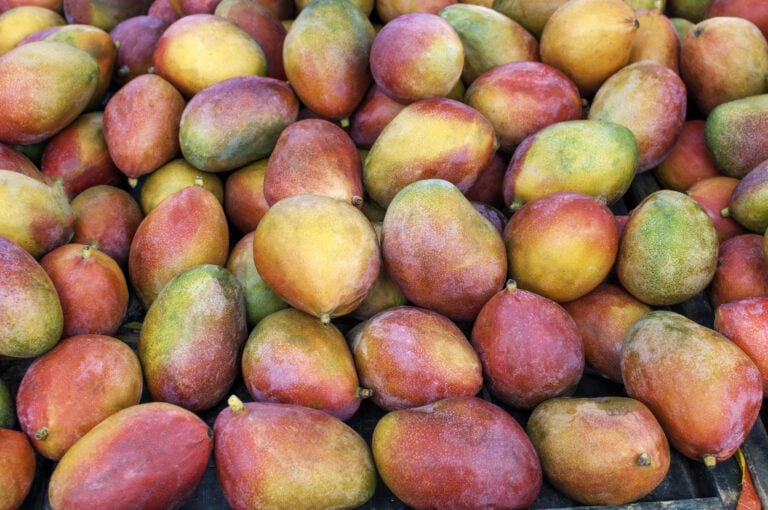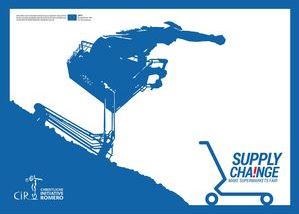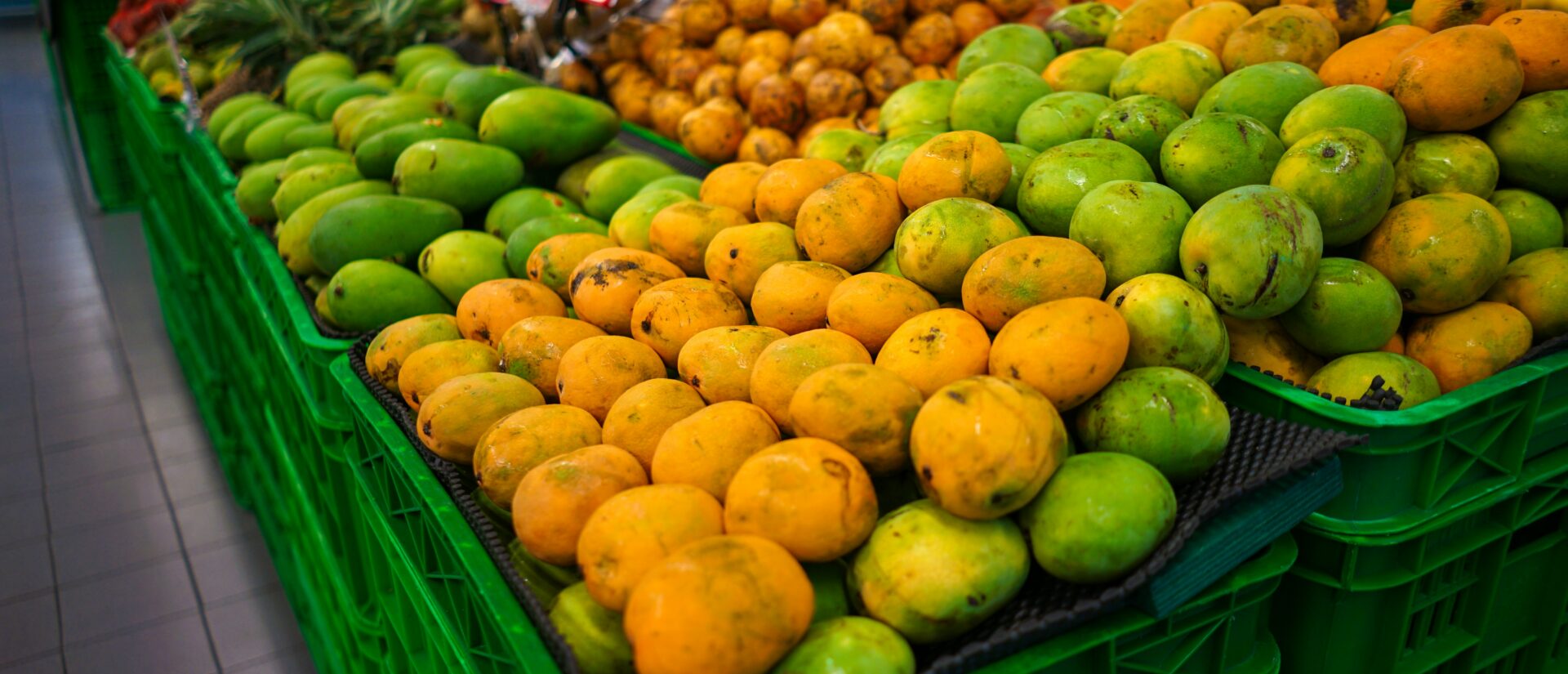
EU takes action against the buying power of supermarkets
The EU finally reached an agreement(opens in new window) on an EU directive against unfair commercial practices (UTPs) in the food chain. SOMO has been advocating this for more than 10 years and sees it as a great victory for farmers and other food suppliers in local and global food supply chains. Food producers will now be better able to cope with the buying power of supermarkets.
“We see the agreement as a good and necessary step to make the supply chains more fair. The EU wants to ban sixteen unfair trade practices and Member States will establish public enforcement agencies that can handle complaints, also anonymously, and impose fines. This will contribute to better protection for people who produce our food”, says SOMO-researcher Gisela ten Kate.
Also NGOs will be able to file complaints on behalf of food producers. This will increase the chances of small farmers and producers in low and middle-income countries to also receive protection. It is now up to the Member States to implement this directive as ambitiously as possible. Earlier, the Dutch Minister Schouten stated that she was ‘open to critically review and possibly expand the number of prohibited trade practices’.
The agreement will still have to be ratified by the European Parliament and the European Member States. Then there will be another two years to transpose the directive into national legislation.
The most important elements of the agreement:
- The right to lodge a complaint with national authorities is extended to NGOs that can represent food suppliers.
- The directive protects suppliers within and outside the EU with a maximum turnover of 350 million euros, against UTPs of buyers also inside and outside the EU.
- Sixteen UTPs are banned, including: late payments for perishable food products, last-minute order cancellations; unilateral or retroactive changes to contracts; force the supplier to pay for wasted products and refuse written contracts.
- Numerous UTPs, such as buying and selling below cost, using two-stage auctions to lower prices or “de-listen” a supplier for no real commercial reasons, were not included in the list of prohibited practices. Member States can extend this list in their national legislation.
Do you need more information?
-

Gisela ten Kate
Coordinator MVO Platform
Related content
-
Eyes on the price Published on:
 Gisela ten KatePosted in category:Publication
Gisela ten KatePosted in category:Publication Gisela ten Kate
Gisela ten Kate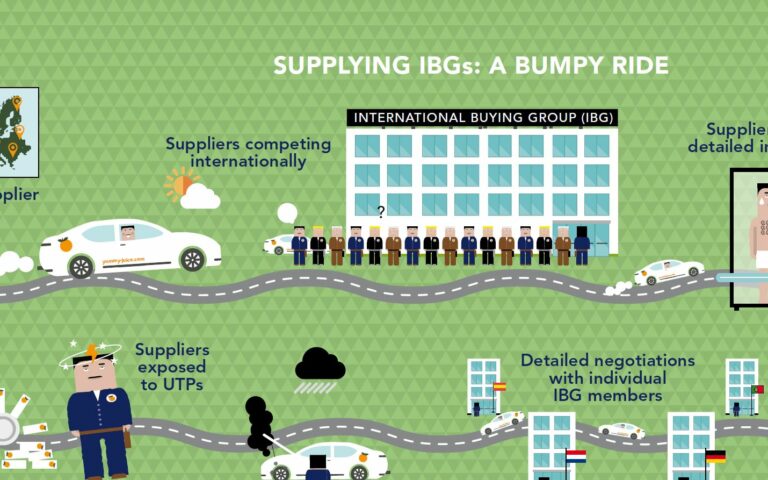
-
NGO input on Commissions proposal on Unfair Trading PracticesPosted in category:Published on:Statement
-
-
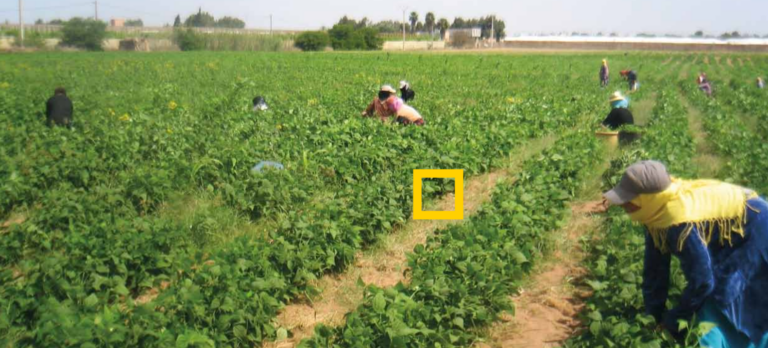
-
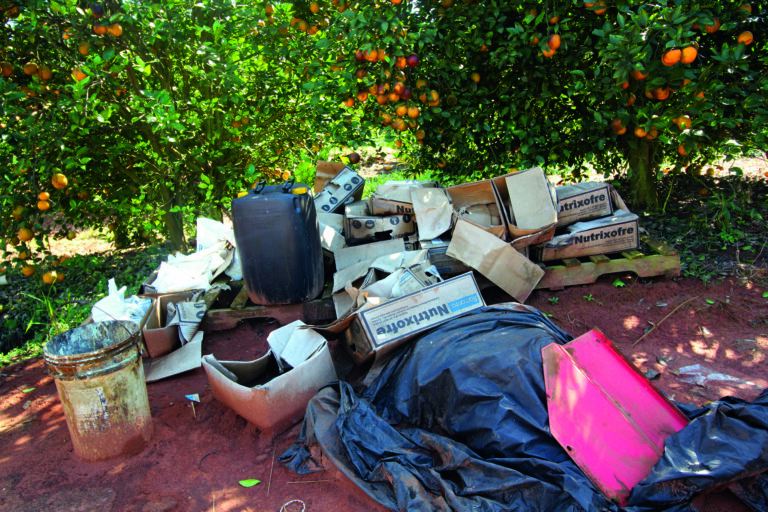 Supermarkets in the Netherlands fail to acknowledge problems with orange cultivationPosted in category:News
Supermarkets in the Netherlands fail to acknowledge problems with orange cultivationPosted in category:News Gisela ten KatePublished on:
Gisela ten KatePublished on: -
